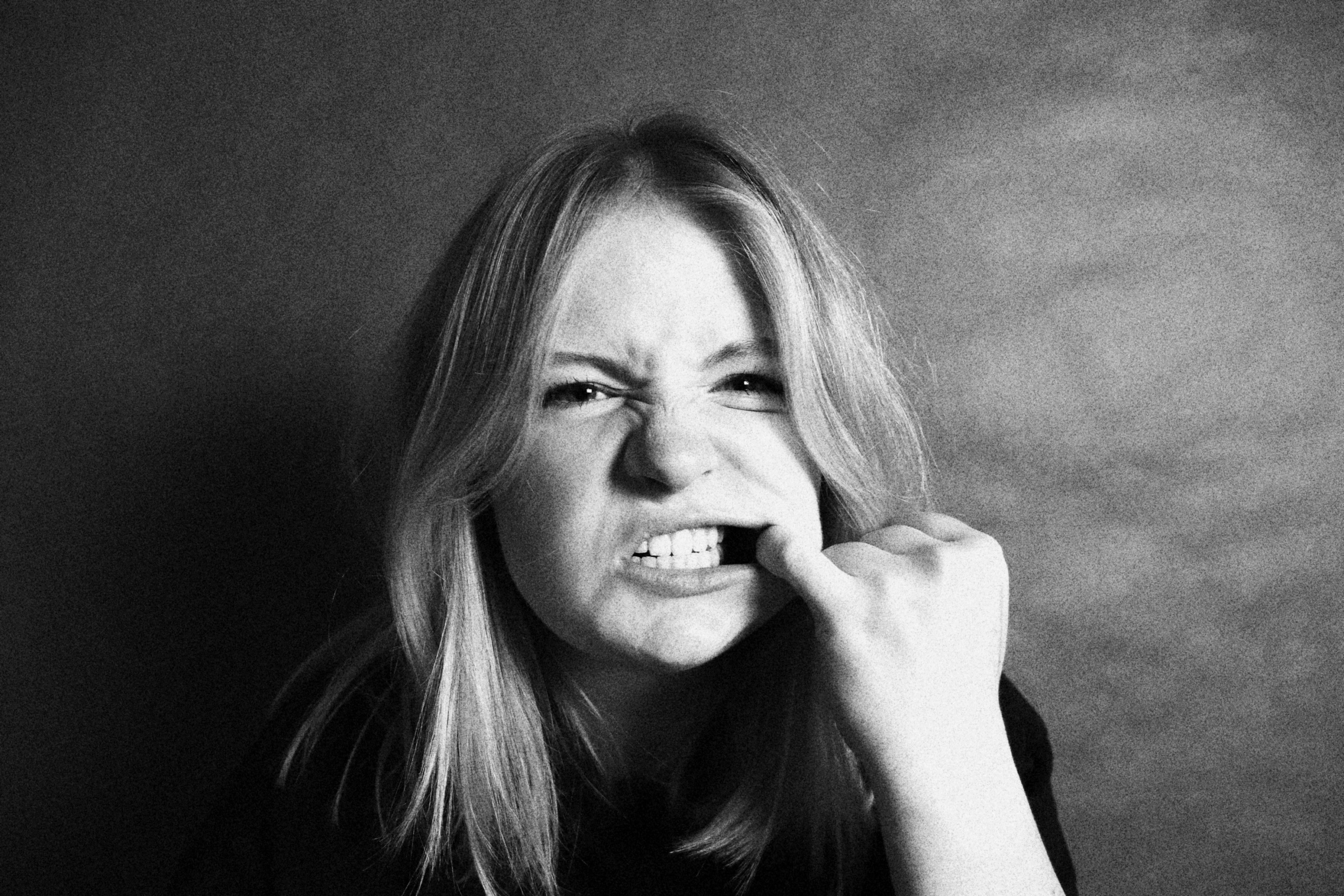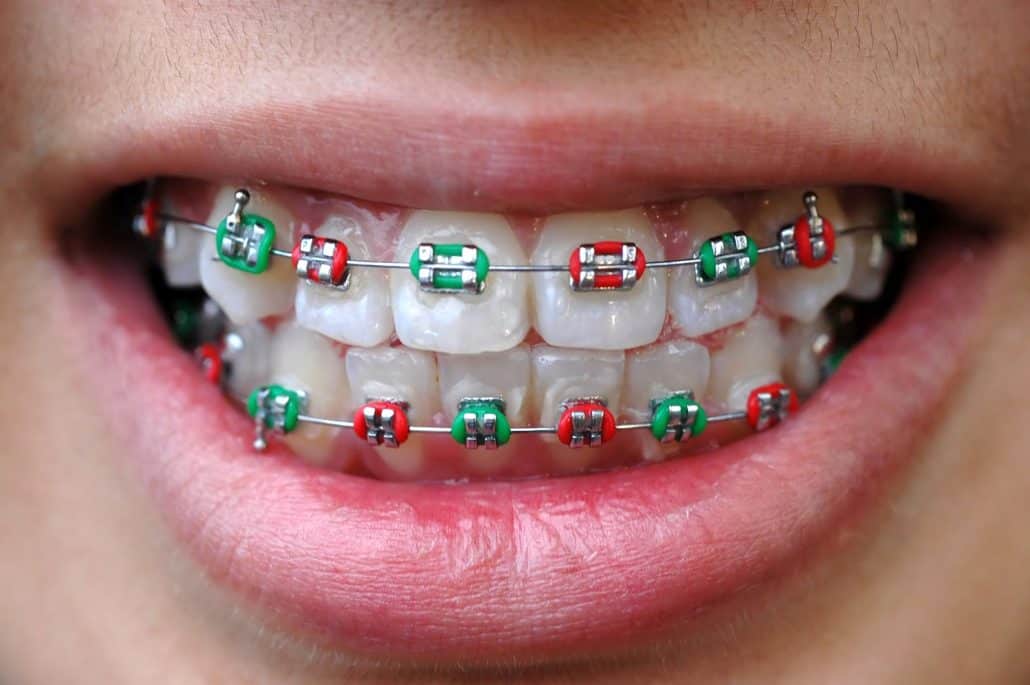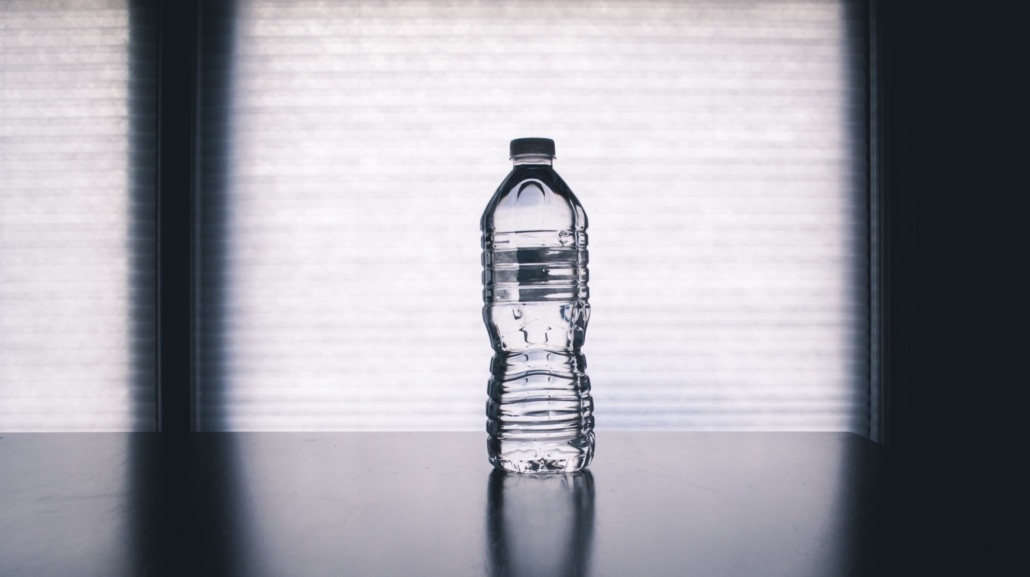Dry Mouth With Braces & Invisalign (What is Xerostomia)
Last Updated on February 15, 2025 by Gio Greenard
Dry mouth, also known as xerostomia, is a common issue for people undergoing orthodontic treatment, whether with traditional braces or Invisalign. It occurs when the mouth doesn’t produce enough saliva, leading to discomfort, difficulty chewing, and an increased risk of tooth decay. Below, we explore the causes of dry mouth during treatment and practical solutions to keep your mouth hydrated and healthy.
What Causes Dry Mouth with Braces and Invisalign?
Several factors contribute to dry mouth during orthodontic treatment:
- Reduced Saliva Flow: Braces or Invisalign aligners can obstruct saliva from reaching teeth, reducing the mouth’s natural defense against bacteria.
- Mouth Breathing: Many people with orthodontic appliances breathe through their mouth, especially while sleeping, leading to dryness.
- Diet & Lifestyle: Sugary, acidic, or caffeinated drinks, smoking, and alcohol can worsen dry mouth.
- Medications: Some prescription drugs, including pain relievers, can contribute to xerostomia.
With Invisalign, dry mouth is often more noticeable because aligners cover the teeth, reducing natural saliva flow. Unlike braces, where saliva can still reach the teeth and gums, aligners act as a barrier, making hydration even more important.
Symptoms of Dry Mouth
Individuals with braces or Invisalign may experience:
- Difficulty speaking, chewing, or swallowing
- A persistent dry or sticky feeling in the mouth
- Swollen or irritated gums
- Increased plaque buildup, bad breath, or tooth sensitivity
Does Dry Mouth Increase the Risk of Tooth Decay?
Yes. Without enough saliva to neutralize acids and wash away food particles, plaque accumulates more easily, increasing the risk of:
- Tooth decay
- Gum disease
- Mouth sores or infections
With Invisalign, the risk may be even higher if food particles get trapped under the aligners. Without sufficient saliva circulation, bacteria can multiply quickly.
Dry Mouth Prevention & Treatment Strategies
The good news is that dry mouth can be managed with simple strategies.
| Solution | How It Helps |
|---|---|
| Stay Hydrated | Drink at least eight 8-ounce glasses of water daily to maintain moisture levels. |
| Avoid Sugary, Acidic, & Caffeinated Drinks | These beverages can dehydrate the mouth and reduce saliva production. |
| Eat Moisture-Rich Foods | Fruits, vegetables, and soups help stimulate saliva flow. Avoid dry or salty foods like chips and bread. |
| Chew Sugar-Free Gum or Xylitol Lozenges | Stimulates saliva production and prevents bacteria buildup. |
| Use an Alcohol-Free Mouthwash | Helps maintain moisture and wash away bacteria. |
| Suck on Ice Chips | A natural way to keep the mouth hydrated. |
| Use a Humidifier | Helps maintain moisture, especially at night. |
| Remove Invisalign Before Drinking Anything Other Than Water | Prevents saliva reduction and ensures aligners stay clean. |
| Quit Smoking | Reduces dry mouth and improves overall oral health. |
How Long Does Dry Mouth Last with Braces or Invisalign?
For most people, dry mouth symptoms improve as they adjust to their orthodontic treatment. However, Invisalign users may experience persistent dryness due to the aligners’ coverage of the teeth. Staying hydrated and following the above steps can help reduce discomfort.
When to See an Orthodontist
If dry mouth persists despite trying these solutions, it is best to consult your orthodontist. Severe dry mouth may require professional treatment or adjustments to your oral care routine.
Conclusion
Dry mouth is a common challenge for people with braces and Invisalign, but it can be managed effectively. By staying hydrated, adjusting your diet, and using saliva-stimulating remedies, you can keep your mouth comfortable and healthy throughout your orthodontic treatment.
At Beach Braces, Dr. Panucci and our expert team are here to help you maintain optimal oral health during your orthodontic journey. Contact us today for personalized advice and care.

Dr Patti Panucci attended the University of Louisville School of Dentistry for four years, where she graduated with a DMD degree (May 2000) among the Top 10 in her class. Following that, she headed west to Los Angeles to complete her three-year residency at one of the top-ranked orthodontic programs in the country – the University of Southern California.
Along with her certificate in orthodontics, Dr. Panucci earned a master’s degree in craniofacial biology. During those three years, she fell in love with Southern California beach life and decided that this was where her future lay.







Trackbacks & Pingbacks
[…] Last Updated on February 22, 2022 by Gio Greenard […]
Leave a Reply
Want to join the discussion?Feel free to contribute!